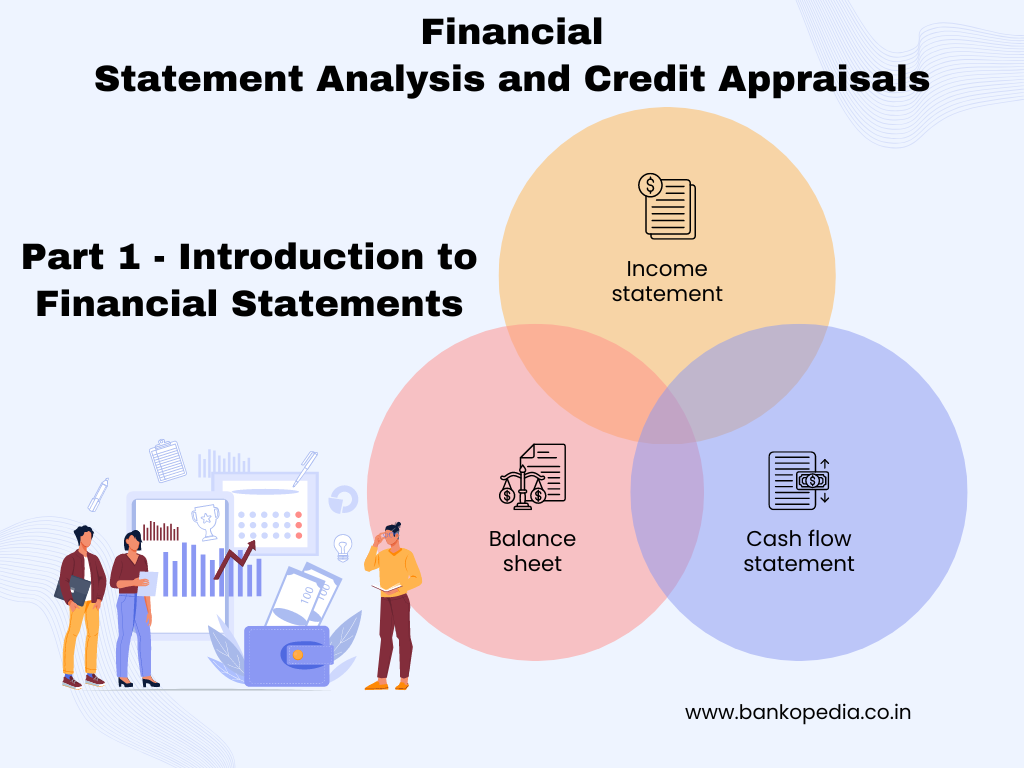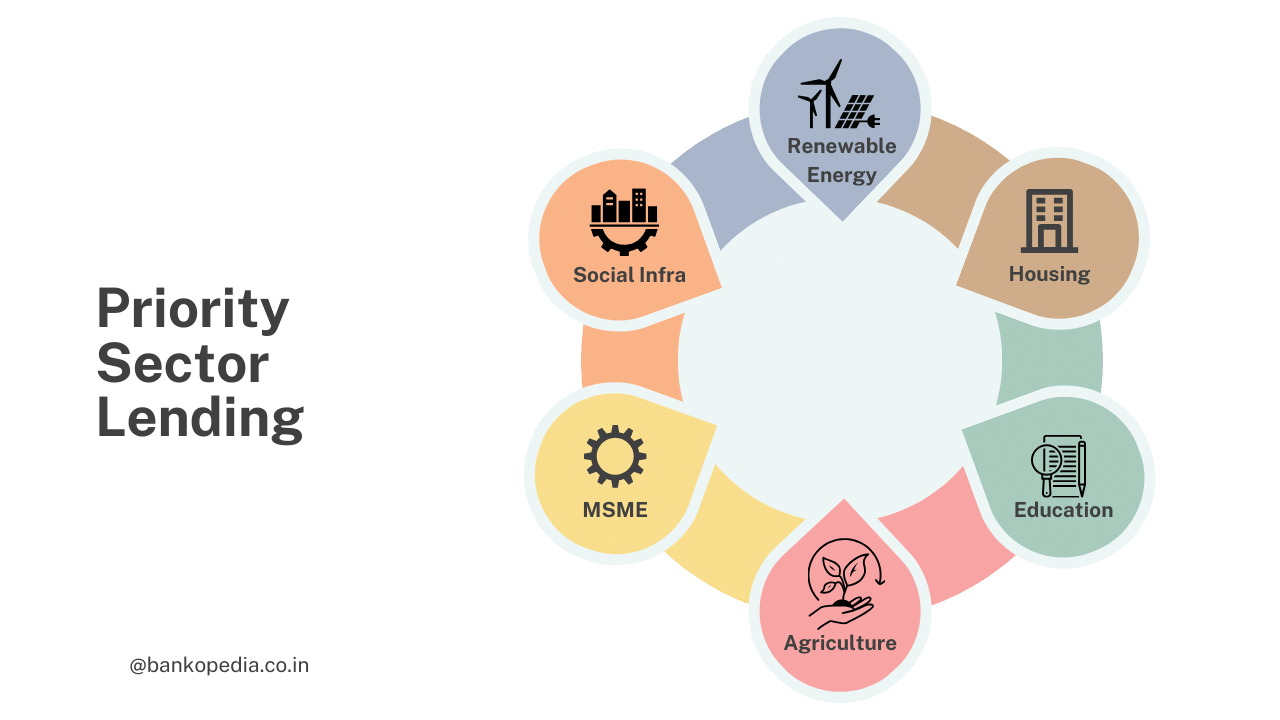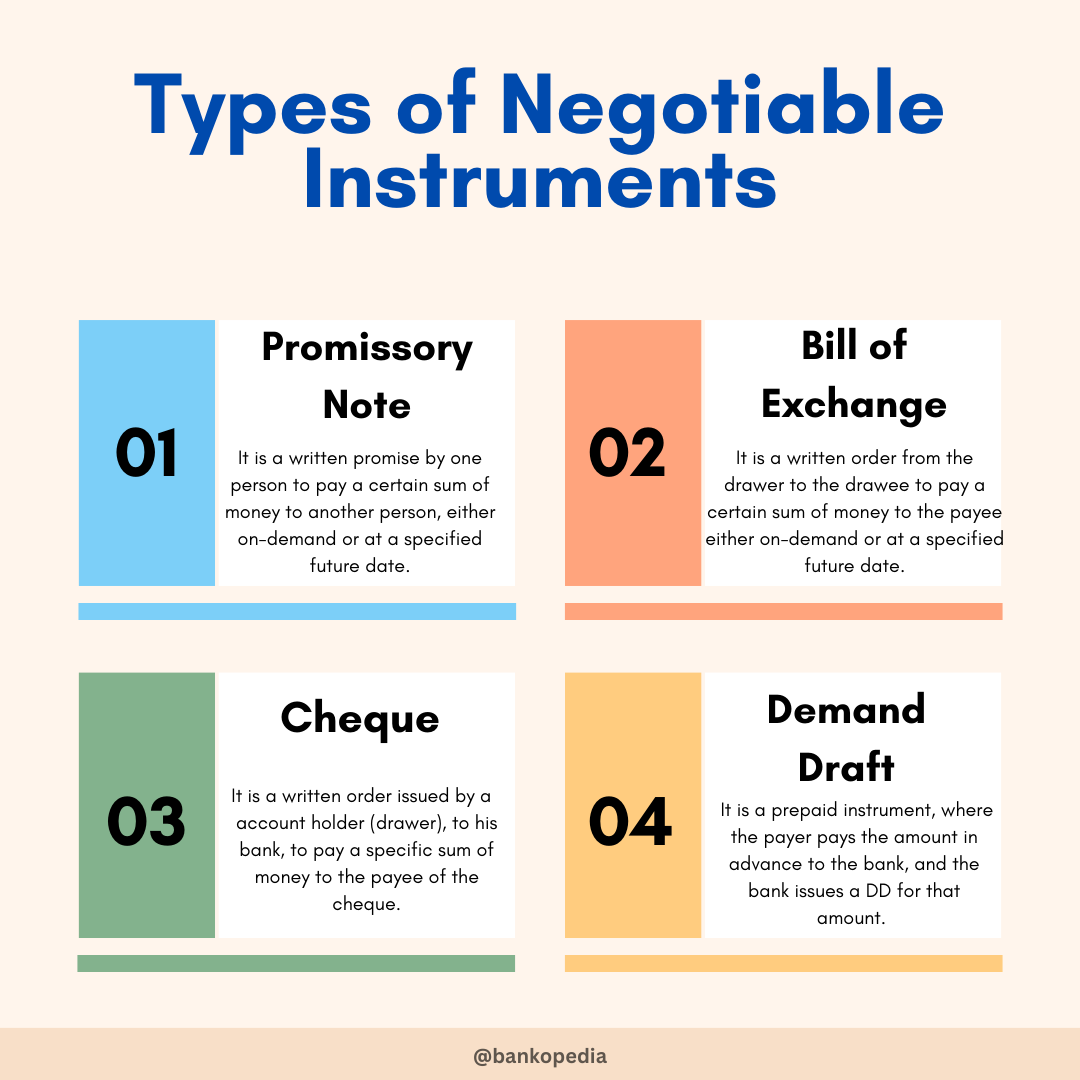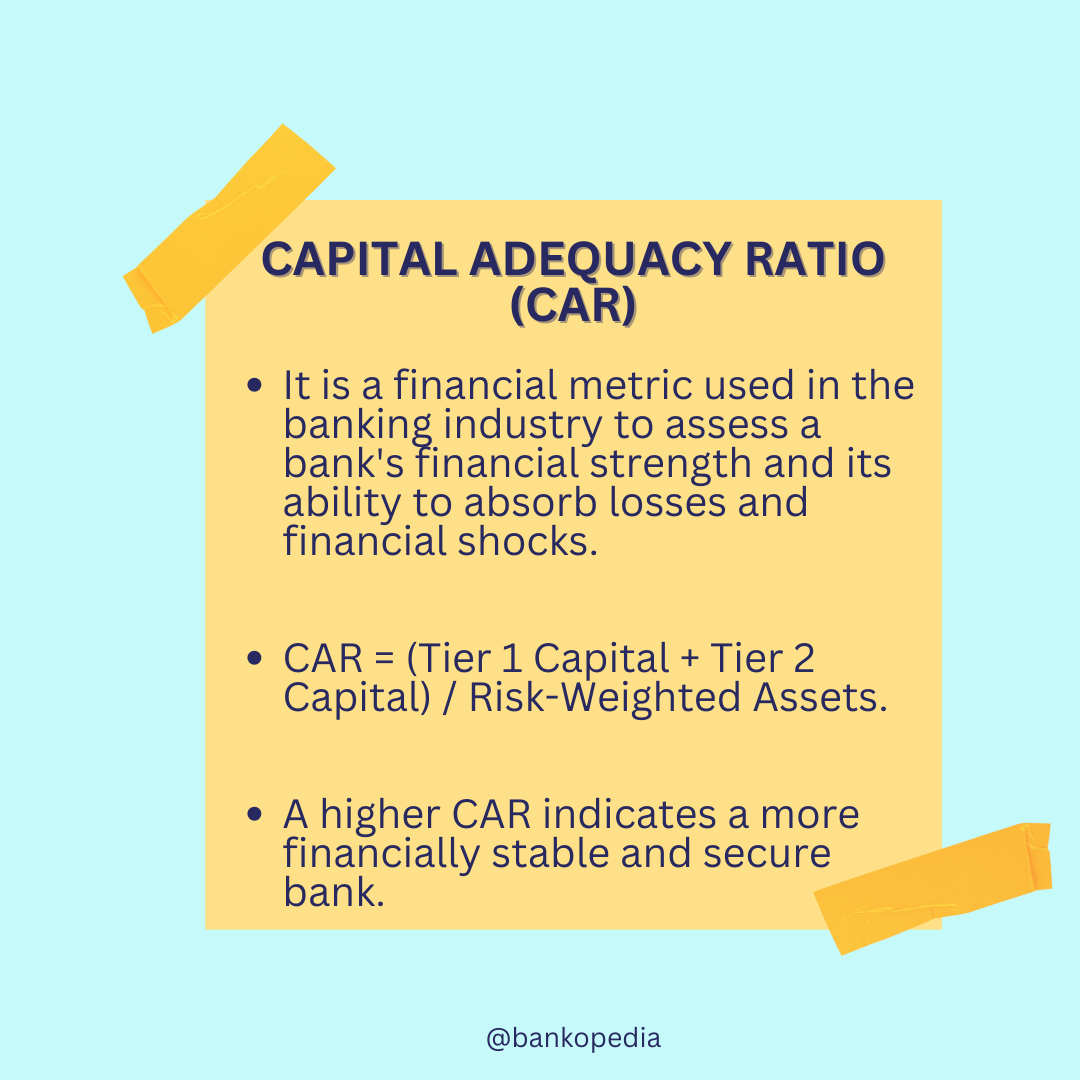The world of banking is on the cusp of a major transformation, and the key driver of this change is blockchain technology. Despite its relatively recent emergence, blockchain has the potential to revolutionize the way financial institutions operate. This groundbreaking technology is set to make the banking industry more secure, transparent, and efficient. As we delve into the possibilities and implications of blockchain in banking, it becomes clear that this technology has the power to streamline processes, reduce costs, and provide a level of trust and security that was previously unattainable. In this blog post, we will explore the ways in which blockchain technology can revolutionize the banking industry and the potential impacts it may have on the future of finance.
Table of Contents
The Fundamentals of Blockchain in Banking
Before diving into the potential revolution that blockchain technology could bring to the banking industry, it is crucial to understand the fundamentals of how blockchain works within this context.
Key Features of Blockchain Technology
With blockchain technology, every transaction is recorded in a decentralized and distributed ledger, ensuring transparency and immutability. This means that once a transaction is recorded, it cannot be altered or deleted. Additionally, blockchain technology operates on a peer-to-peer network, eliminating the need for intermediaries and reducing the time and cost associated with traditional banking processes. Other key features of blockchain technology include:
- Security through cryptographic algorithms
- Consensus mechanisms for validating transactions
- Smart contracts for automated and self-executing agreements
- Ability to create digitized assets and tokens
After understanding these key features, it becomes clear how blockchain technology can fundamentally transform the way banking transactions are conducted.
Potential Applications in Financial Transactions
With the key features in mind, it is evident that blockchain technology has the potential to revolutionize various aspects of financial transactions within the banking industry. From international money transfers to trade finance and supply chain financing, blockchain technology can streamline processes, reduce costs, and mitigate fraud and errors. Furthermore, the use of smart contracts can automate complex transactions and enforce agreements without the need for intermediaries.
For instance, blockchain technology can expedite cross-border payments, reduce settlement times, and provide greater transparency and traceability in supply chain financing, ultimately benefiting both banks and their customers.
Enhancing Security and Transparency
Now, let’s delve into how blockchain technology can enhance security and transparency within the banking industry. The decentralized and immutable nature of blockchain provides a level of security and transparency that traditional banking systems struggle to match.
Mitigating Fraud and Cybersecurity Risks
Transparency is a key feature of blockchain technology that can help mitigate fraud and cybersecurity risks within the banking industry. By storing data securely and transparently, blockchain minimizes the risk of unauthorized access, tampering, and duplication of sensitive financial information.
Improving Compliance and Auditing Processes
Cybersecurity within the banking industry can be significantly improved through the implementation of blockchain technology. The use of smart contracts and immutable ledgers ensures that compliance and auditing processes are carried out in a secure, efficient, and transparent manner.
For instance, blockchain technology can streamline the auditing process by providing real-time access to transaction data while ensuring that data remains tamper-proof and secure, ultimately enhancing compliance and auditing processes.
Revolutionizing Payment Systems and Money Transfers
To understand the impact of blockchain technology on the banking industry, it’s important to recognize the significant changes it has brought to payment systems and money transfers. Blockchain has the potential to revolutionize the way we transfer money and make payments, making transactions faster, more secure, and cost-effective.
Reducing Transaction Times and Costs
For years, the traditional banking system has been plagued by slow transaction times and high costs, especially for international transfers. Blockchain technology has the potential to significantly reduce transaction times and costs by eliminating intermediaries and streamlining the transfer process. By using blockchain for payments and money transfers, transactions can be completed in a matter of seconds, compared to the days it takes in the traditional banking system. This not only provides convenience for businesses and individuals but also leads to substantial cost savings.
Facilitating Cross-Border Payments
Revolutionizing cross-border payments is another area where blockchain technology can make a significant impact. With the current traditional banking system, cross-border payments are often subject to delays, high fees, and complex processes. Blockchain technology provides a solution by enabling direct peer-to-peer transactions across borders, eliminating the need for multiple intermediaries and reducing the time and cost of international transfers. This has the potential to open up new opportunities for businesses and individuals to engage in global commerce with greater ease and efficiency.
Additionally, blockchain technology can provide greater transparency and security for cross-border payments, reducing the risk of fraud and ensuring that funds are transferred safely and securely. This can help build trust and confidence in international transactions, leading to increased global economic activity and financial inclusion.
The Future of Banking with Blockchain
After the introduction of blockchain technology, the future of banking is set to undergo a significant transformation. As blockchain continues to evolve, it has the potential to revolutionize the entire banking industry, offering unprecedented levels of security, transparency, and efficiency.
Integrating Blockchain with Traditional Banking
On the path to revolutionizing the banking industry, one of the key factors will be the integration of blockchain technology with traditional banking systems. This integration will provide a seamless and secure way for banks to process transactions, manage customer data, and validate the authenticity of financial assets. This is a crucial step towards creating a more efficient and secure banking ecosystem that is capable of meeting the evolving needs of customers in the digital age.
Upcoming Trends and Predictions in FinTech
Banking on the potential of blockchain technology, upcoming trends and predictions in the FinTech sector point towards a future where traditional banking practices will be redefined. With the increasing adoption of blockchain, there is a growing anticipation for the development of decentralized financial services, smart contracts, and tokenized assets. These trends are expected to streamline banking operations, reduce costs, and improve overall customer experience, making them integral to the future of the banking industry.
With the integration of blockchain technology and the emergence of decentralized financial services, the banking industry is poised for a transformative shift towards greater security, transparency, and efficiency. This shift will not only benefit banks and financial institutions but also have a direct impact on the way consumers interact with their finances, ultimately shaping the future of banking as we know it.
Challenges and Considerations
Not only does blockchain technology bring numerous benefits to the banking industry, but it also comes with its fair share of challenges and considerations. It’s important to address these obstacles in order to fully understand the implications of implementing blockchain in the banking sector.
Regulatory Hurdles and Standardization
Challenges related to regulatory hurdles and standardization are among the primary concerns for the banking industry when it comes to integrating blockchain technology. The lack of a unified regulatory framework for blockchain in different jurisdictions creates uncertainty for banks. Moreover, the absence of standardization in terms of protocols and technologies poses a significant obstacle for widespread adoption.
Scalability and Adoption by Major Banks
With the increasing popularity of blockchain technology, scalability has become a pressing issue. The current blockchain infrastructure faces limitations in terms of transaction speed and volume, which can hinder its adoption by major banks with high transaction volumes. Additionally, the reluctance of traditional banks to fully embrace blockchain due to legacy systems and security concerns adds another layer of complexity to its widespread adoption.
Standardization of protocols and technologies is crucial for addressing regulatory hurdles and ensuring seamless integration of blockchain in the banking industry. Banks need to work together to establish common standards and compliance measures to navigate the regulatory landscape and facilitate the adoption of blockchain technology.

Revolutionizing the Banking Industry with Blockchain Technology
With these considerations, it is clear that blockchain technology has the potential to revolutionize the banking industry in numerous ways. From increasing security and reducing fraud to streamlining processes and lowering costs, the benefits of integrating blockchain into banking services are promising. As the technology continues to evolve and mature, it will be crucial for banks to stay abreast of the latest developments and take proactive steps to harness the power of blockchain. By doing so, they can position themselves as leaders in the digital revolution of the banking industry, providing customers with a more secure, efficient, and transparent financial experience.











